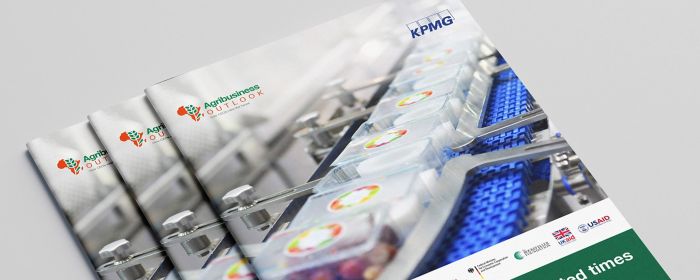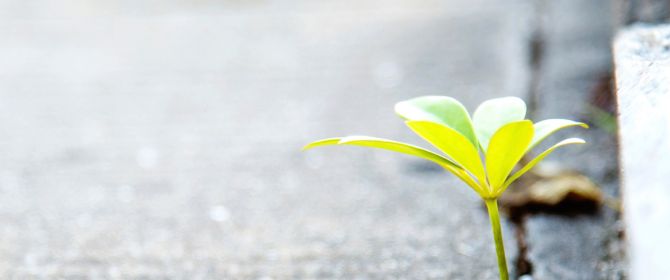Marching forward in uncertain times
Just when hope was rising for a steady economic recovery, Africa and the rest of the world were hit by a new COVID-19 variant at the end of 2021. Omicron, the new variant spread fast in many African countries, and although it has been described as a milder strain, resulting in less hospitalizations, the resulting flight bans and disruptions to the global supply chain had and are still having an impact on doing business in Africa. While economists and the global public health community continue try to understand the impact of the new variant, its emergence poses a threat to the Continent’s already fragile economic recovery. Nevertheless, the general view is that the worst of COVID is behind us.
As we start the post COVID-19 era, the major challenges for the development of agribusiness ecosystems in Africa appear to be climate change, soil health, water for irrigation and biodiversity loss. These issues are likely to present the biggest threats (and opportunities in the case of water for irrigation), to agricultural production and agribusinesses.
Operating in such a fluid environment requires agility and tenacity. According to the World Bank and the International Monetary Fund (IMF), growth in Sub-Saharan Africa is expected to remain at below 4% in 2022 and 2023. Going forward, the Continent’s economic recovery is pegged on rising commodity prices, the advancement of COVID-19 vaccination to enable a return to normal business, a recovery in global trade, an increase in intraAfrican trade and a rise in agricultural output.
In 2021, we spoke to many businesses across the Continent operating in the agricultural ecosystem. What was clear was their determination to keep moving forward, their resilience and innovation. What they need is support in the form of enabling policies, laws and regulations and the delivery of public goods such as infrastructure, increased access to innovative and appropriate finance and help in addressing the challenge of climate change.
Click the link below to read more.





